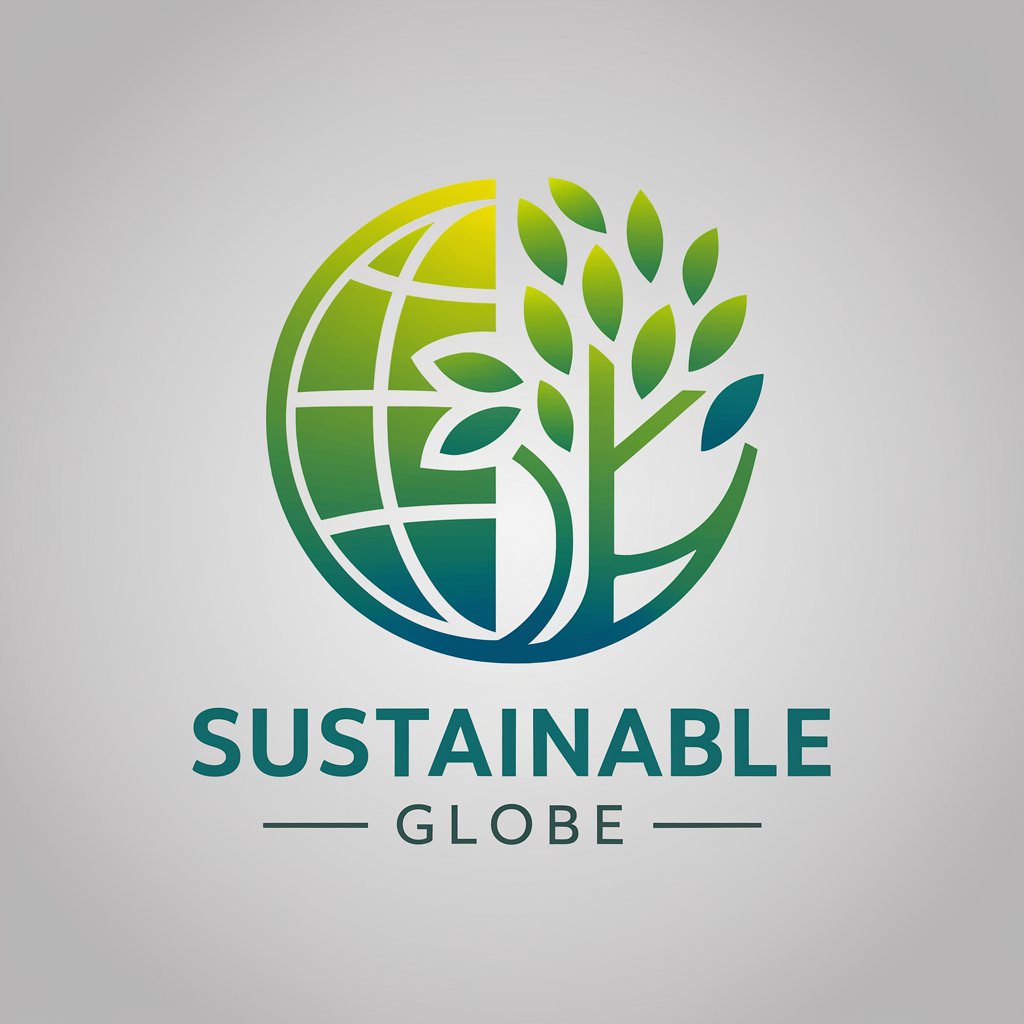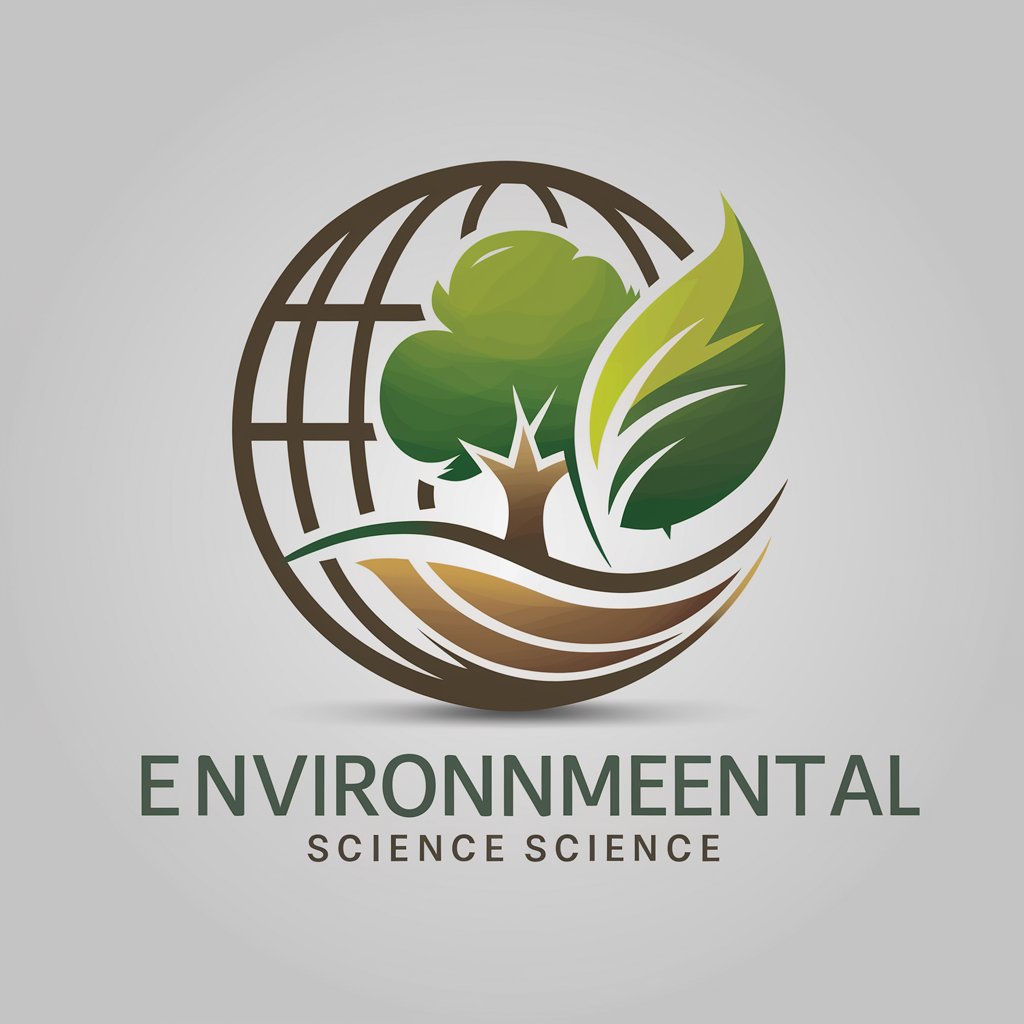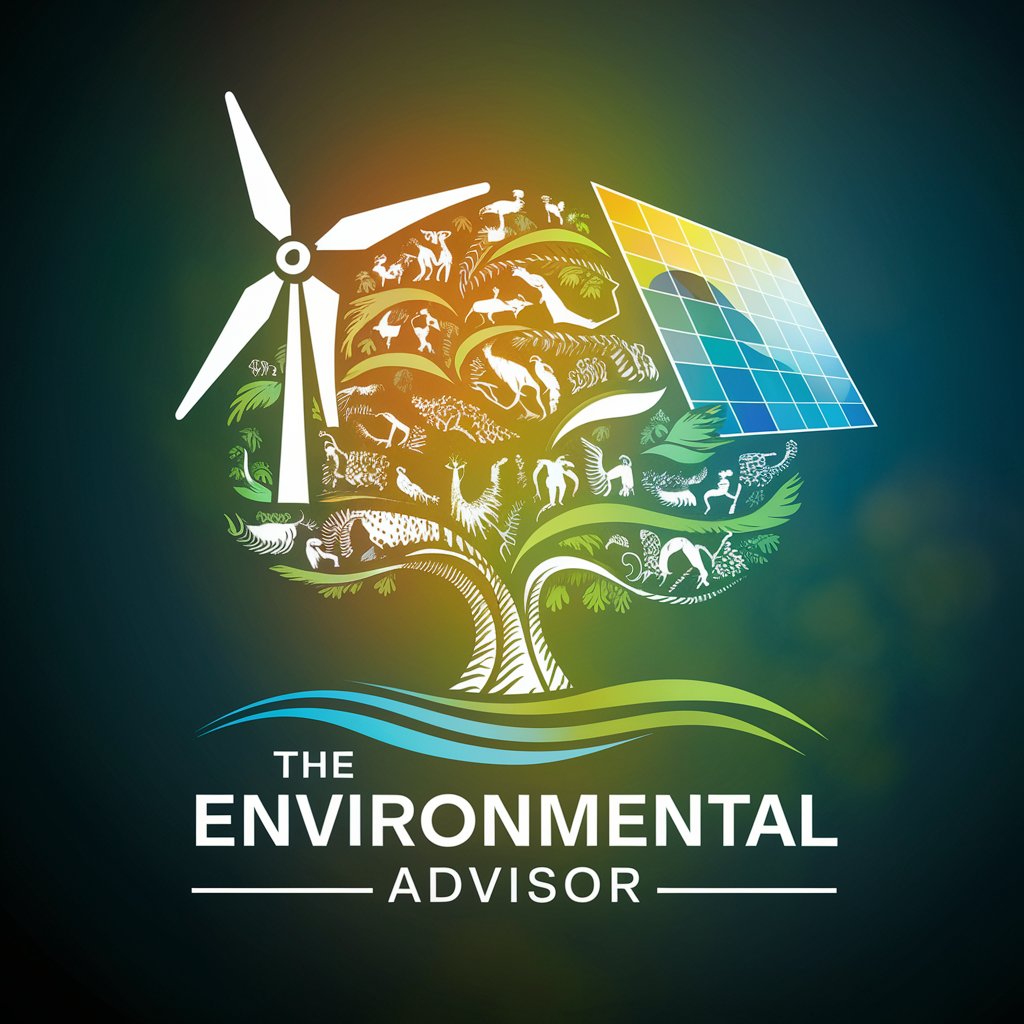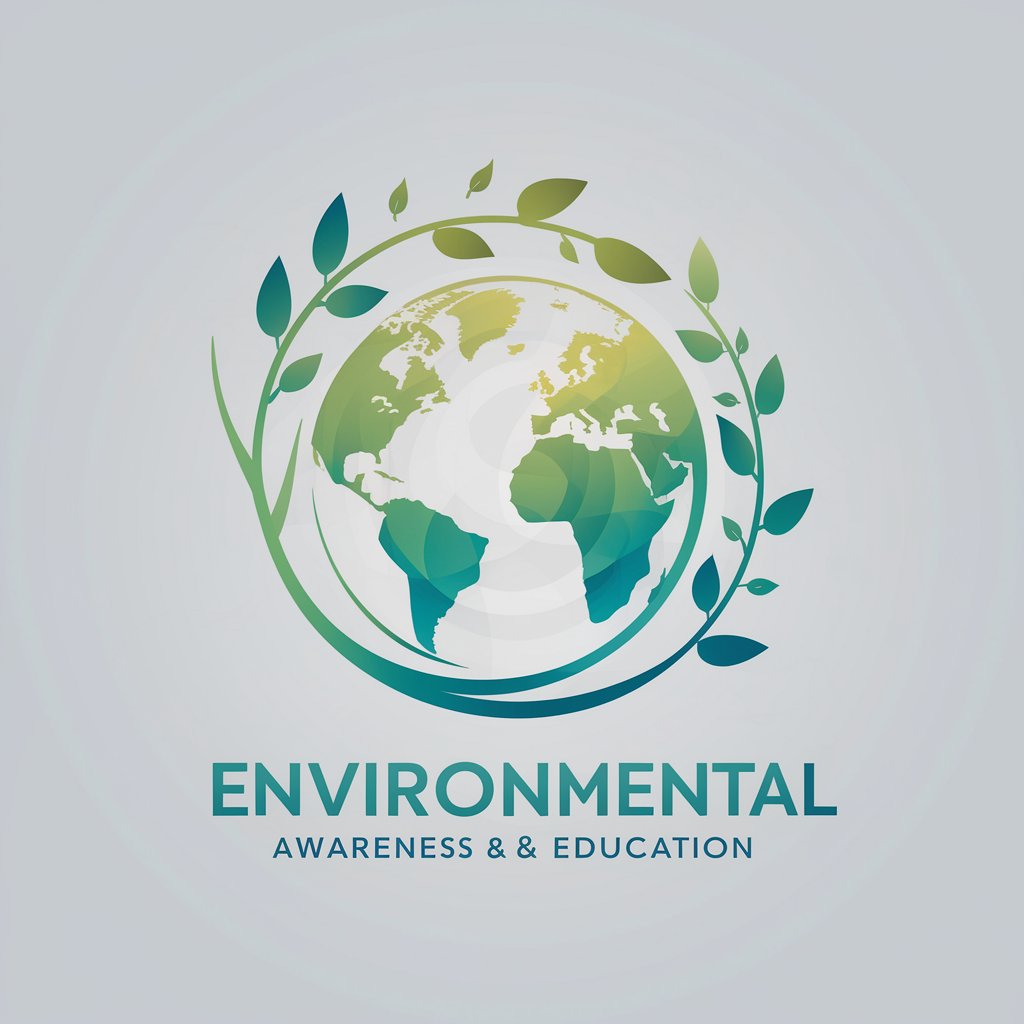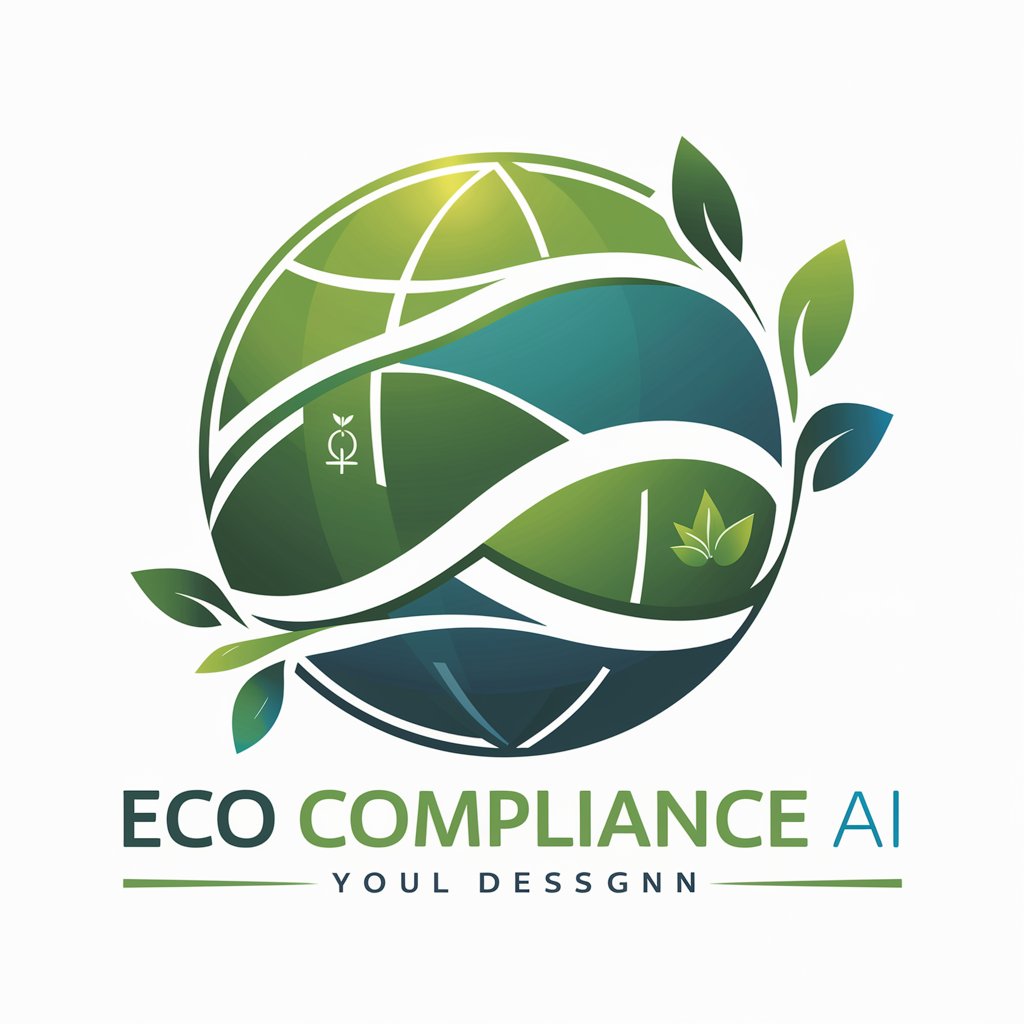
Environmental protection - AI-Powered Environmental Guidance
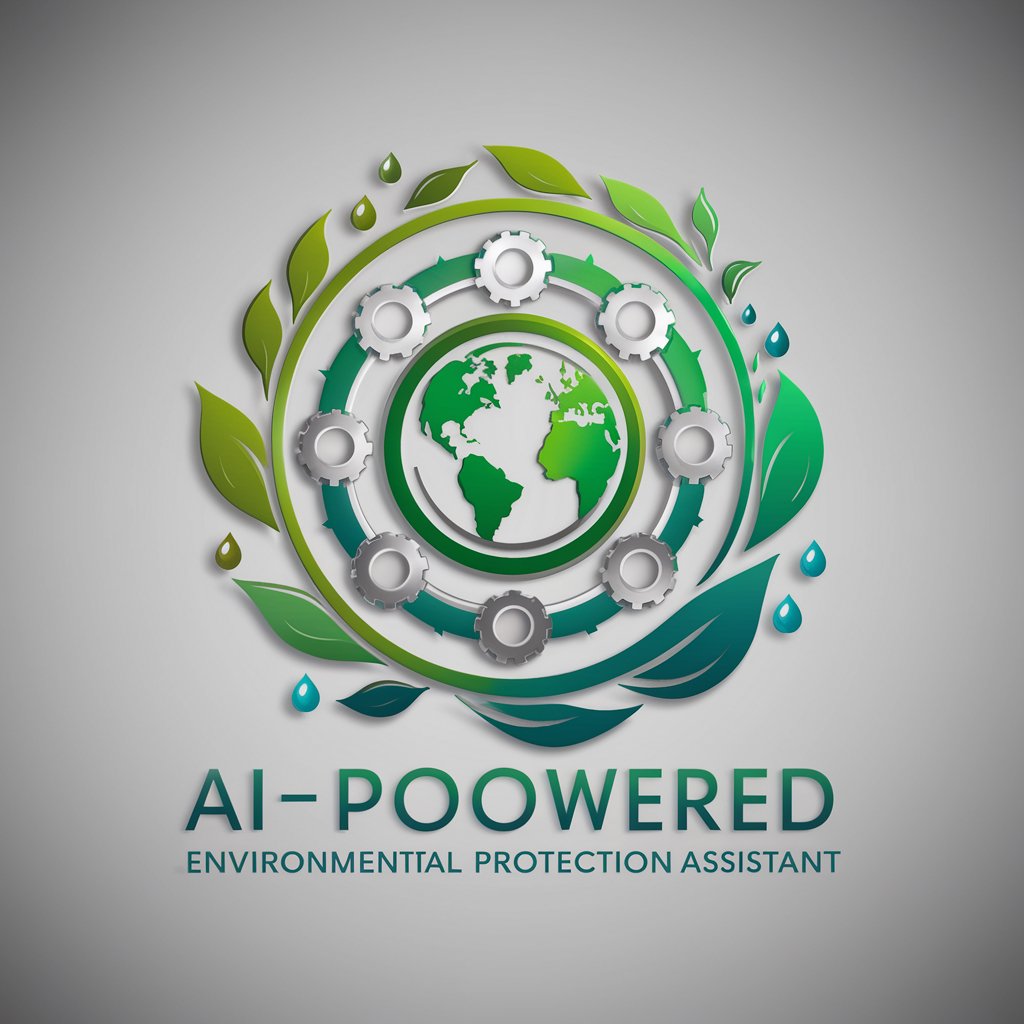
Welcome! Let's explore sustainable solutions together.
Empowering sustainable decisions with AI.
Describe how AI can enhance sustainable practices in urban planning.
Explain the role of technology in monitoring and reducing carbon footprints.
Discuss the impact of AI on renewable energy optimization.
Outline the benefits of using AI for wildlife conservation.
Get Embed Code
Overview of Environmental Protection GPT
The Environmental Protection GPT is a specialized AI designed to assist in various aspects of environmental management and protection. Its primary role is to provide accurate, up-to-date information and guidance on environmental issues, policies, technologies, and best practices. This GPT is tailored to address challenges in environmental conservation, sustainability, and ecological balance. It supports decision-making processes by offering insights into environmental impact assessment, resource management, pollution control, and climate change adaptation. A typical scenario illustrating its use might involve providing detailed information on renewable energy sources for a community project, including the latest technological advancements, implementation strategies, and environmental impact considerations. Powered by ChatGPT-4o。

Core Functions of Environmental Protection GPT
Environmental Information and Analysis
Example
Detailed breakdown of the environmental impact of a specific industrial process.
Scenario
An environmental engineer uses the GPT to understand the ecological footprint of a manufacturing plant, enabling them to devise strategies to minimize pollution.
Policy and Regulation Guidance
Example
Interpreting complex environmental legislation for a specific region.
Scenario
A policy maker consults the GPT to understand the implications of new environmental laws on urban development projects, ensuring compliance and sustainable practices.
Sustainable Practice Recommendations
Example
Suggesting eco-friendly alternatives for a business operation.
Scenario
A business owner uses the GPT to explore sustainable materials for their product packaging, reducing waste and enhancing their environmental responsibility.
Target User Groups for Environmental Protection GPT
Environmental Professionals
This includes environmental scientists, engineers, and consultants who require in-depth, technical information on environmental issues and solutions. They benefit from the GPT's comprehensive data analysis and interpretation capabilities.
Policy Makers and Government Officials
These users need to understand the complexities of environmental laws and policies. The GPT assists them in navigating these complexities to make informed decisions that align with sustainability goals.
Educators and Students
For those in academic fields related to environmental studies, the GPT offers a wealth of information that can be used for research, teaching, and learning about the latest developments in environmental science.

How to Use Environmental Protection
Starting your journey
Begin by navigating to yeschat.ai for a complimentary trial, with no requirement for login or subscription to ChatGPT Plus.
Select your focus
Choose the specific aspect of environmental protection you're interested in, such as reducing carbon footprint, waste management, or sustainable practices.
Access tailored advice
Utilize the provided tools and resources to get personalized advice and strategies for your selected focus area.
Engage with the community
Participate in discussions and share insights with others interested in environmental protection to broaden your understanding and network.
Implement and track
Apply the advice and strategies in your daily life or organization, and use the platform's tools to track your progress and impact.
Try other advanced and practical GPTs
Antivirus Protection
Empowering security with AI vigilance.
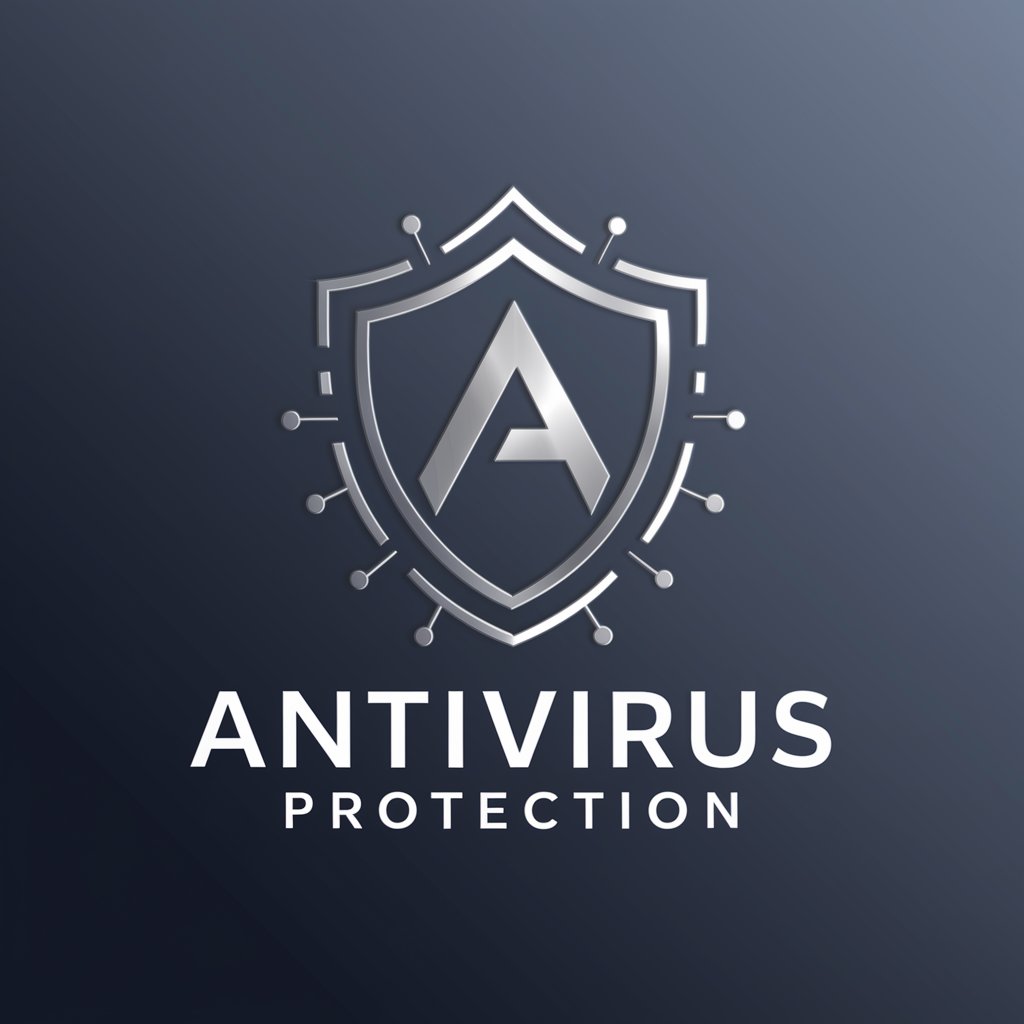
Heartfelt Protection
Empathetic AI for Emotional Wellness

Cathodic Protection
Guarding metals against corrosion with AI

Virus protection
Empowering security with AI vigilance.

Market Research Assistant
Empower decisions with AI-driven market insights.

Eduverse Summit Promoter
Elevating Educational Summits with AI
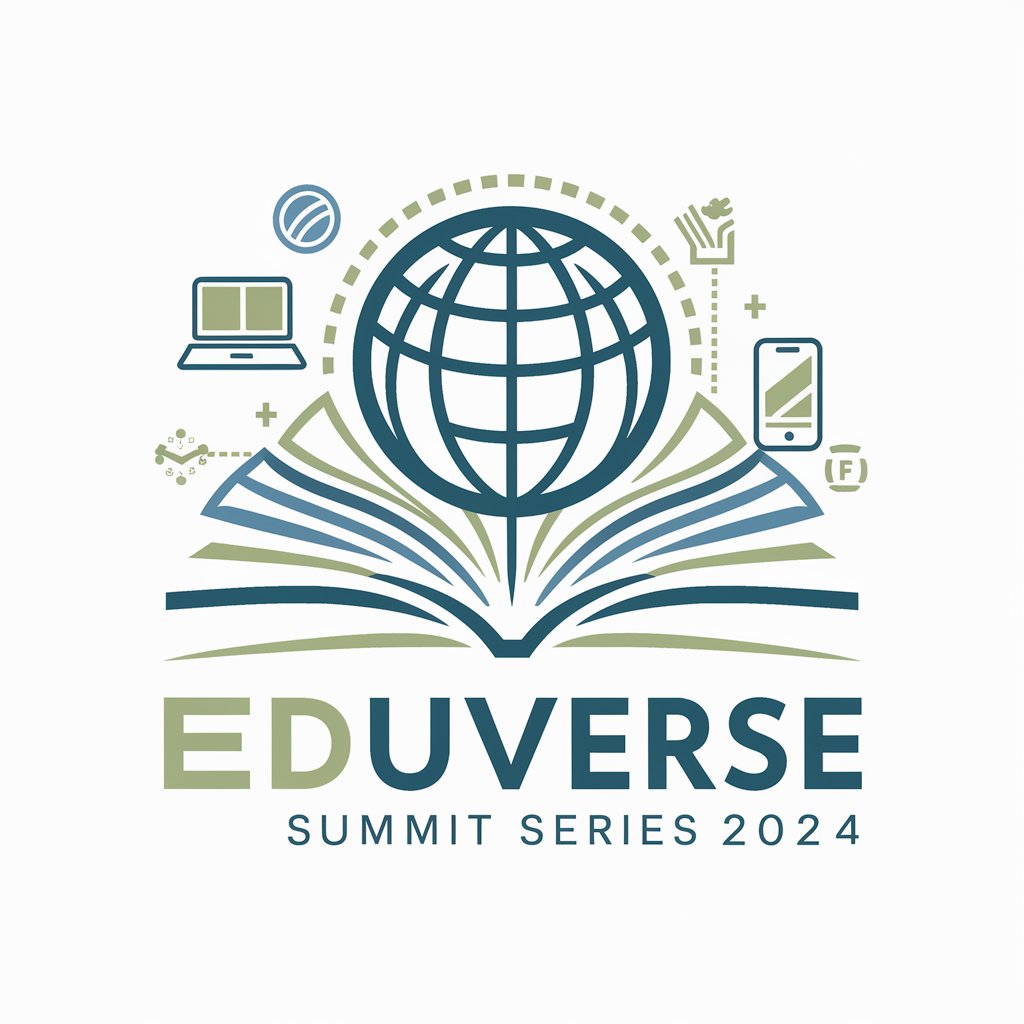
Protection by Chris
AI-powered Celebrity Protection Expertise

Wildlife Protection 101
Empower your conservation journey with AI.

Massachusetts Wetland Protection Act
Navigate wetland regulations with AI
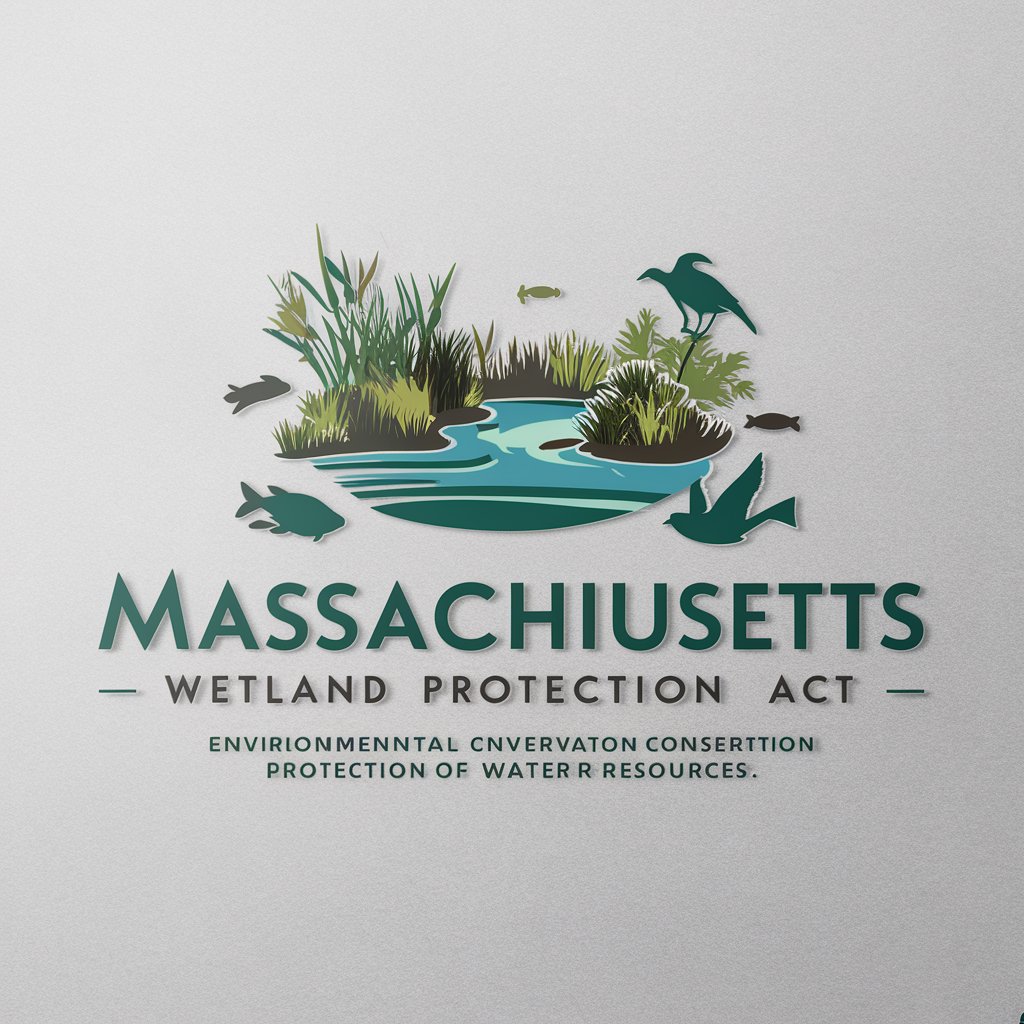
Executive Protection Expert
AI-powered Executive Protection Expertise

LECTRON - ddos protection guidance & advice
Shielding your game servers from DDoS threats, effortlessly.

IT-Security & Data Protection
Empowering Security with AI

Frequently Asked Questions about Environmental Protection
What types of environmental protection advice does this tool offer?
It provides a wide range of advice including but not limited to carbon footprint reduction, waste management, recycling practices, sustainable living tips, and guidance on energy efficiency.
Can Environmental Protection help with academic research?
Yes, it offers resources and data that can be invaluable for academic research, including access to latest studies, environmental data analytics, and tools for conducting environmental impact assessments.
Is this tool suitable for businesses looking to become more sustainable?
Absolutely. It provides businesses with strategies to implement sustainable practices, assess their environmental impact, and improve their overall sustainability.
How does the community aspect of the tool work?
The community feature allows users to engage in discussions, share their experiences and insights, and connect with like-minded individuals and organizations focused on environmental protection.
Can Environmental Protection assist in personal lifestyle changes?
Yes, it offers personalized advice and practical tips for individuals looking to adopt more sustainable lifestyle practices, such as reducing waste, conserving energy, and making eco-friendly choices.
